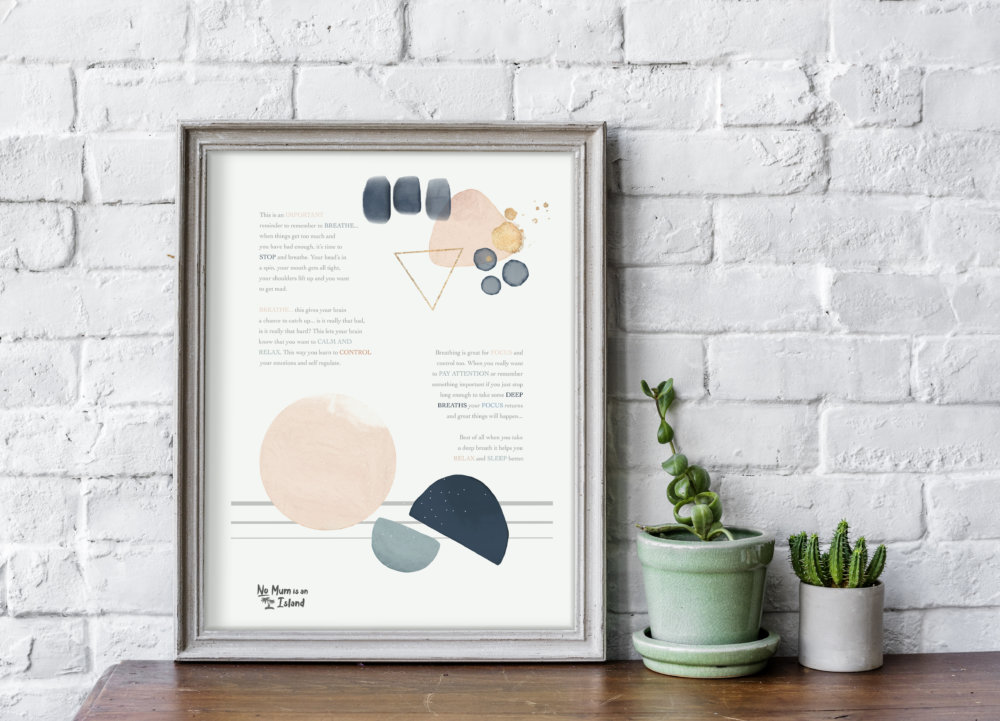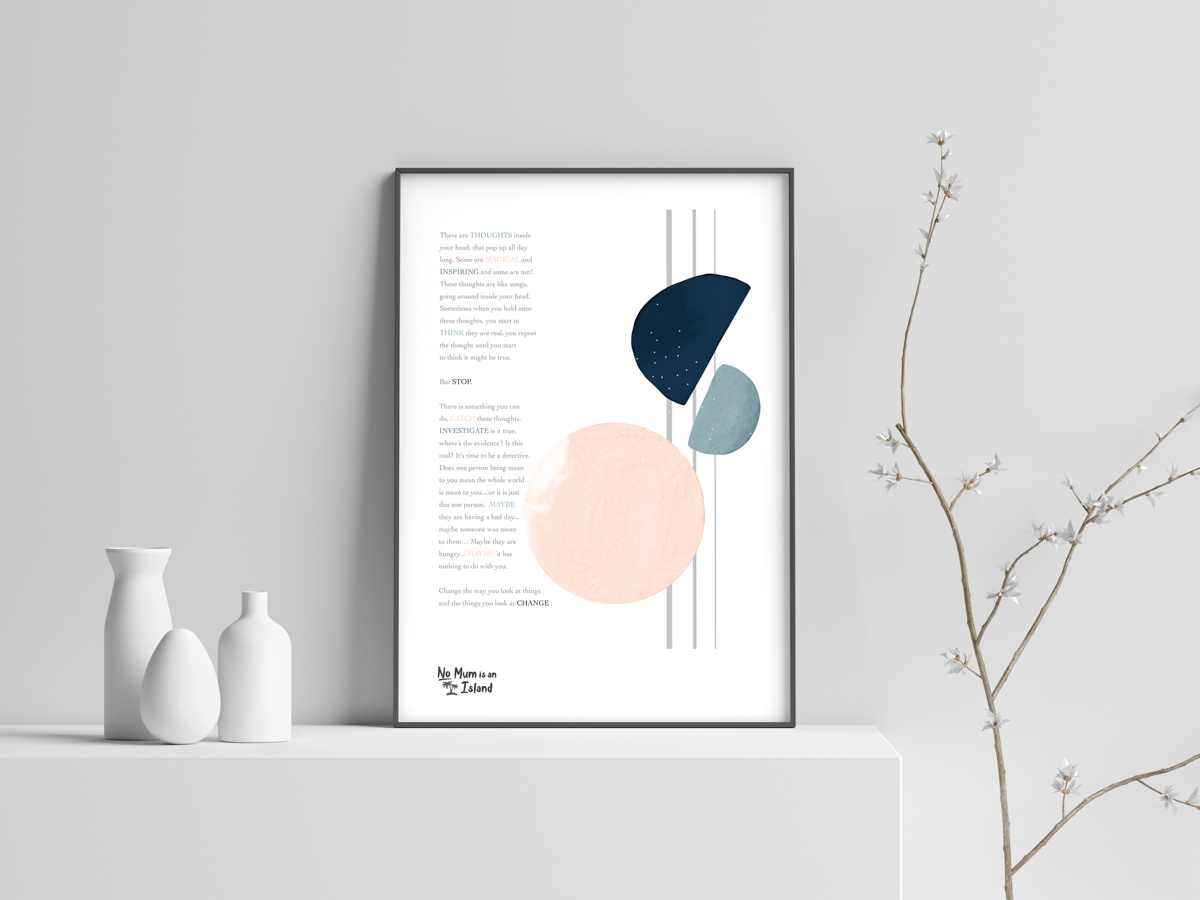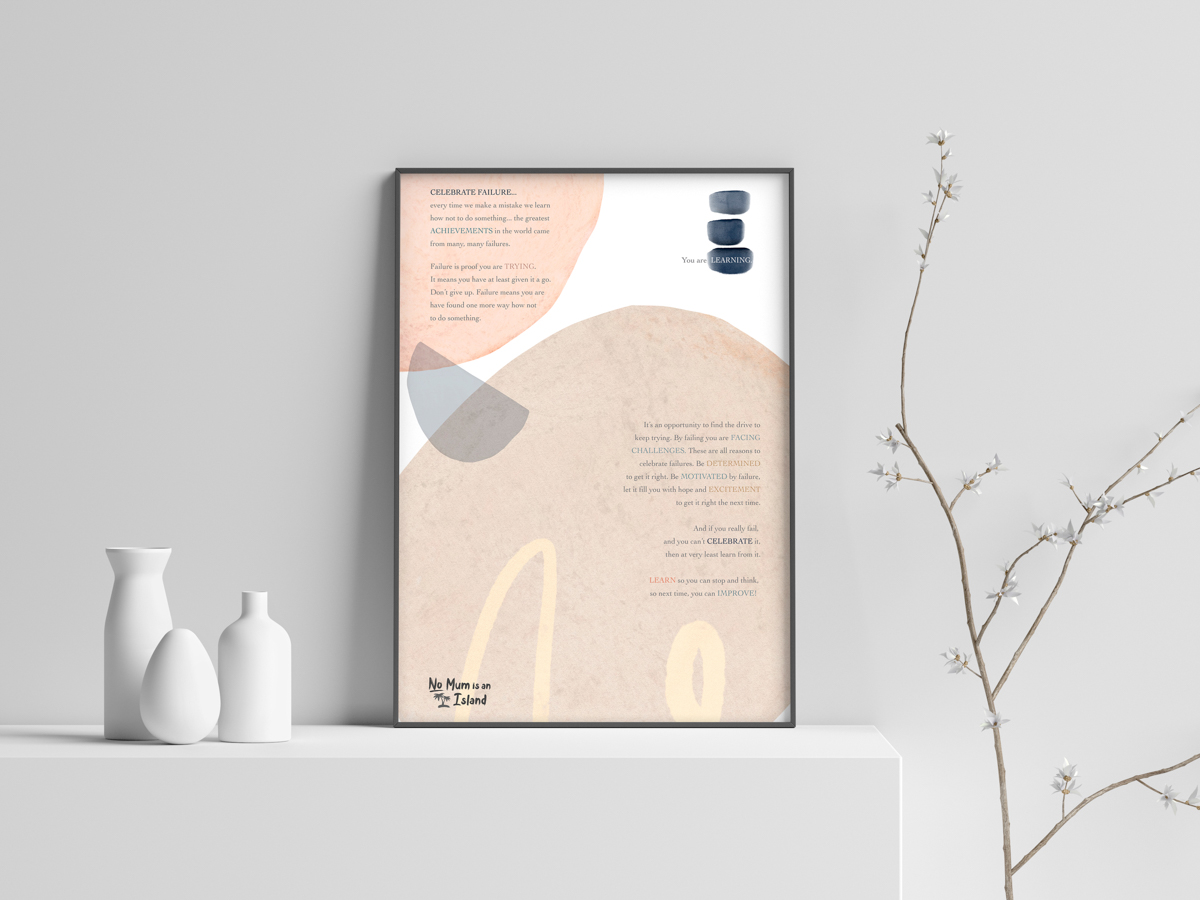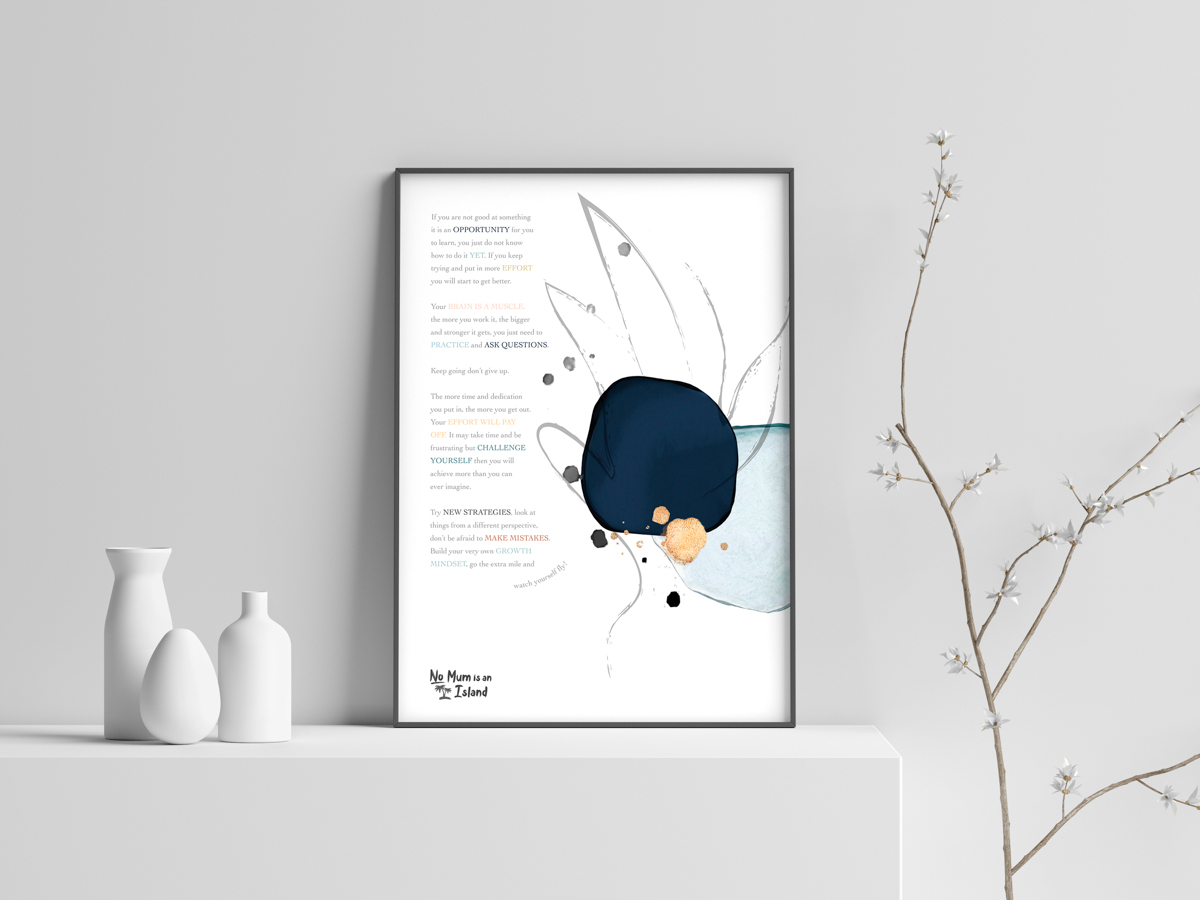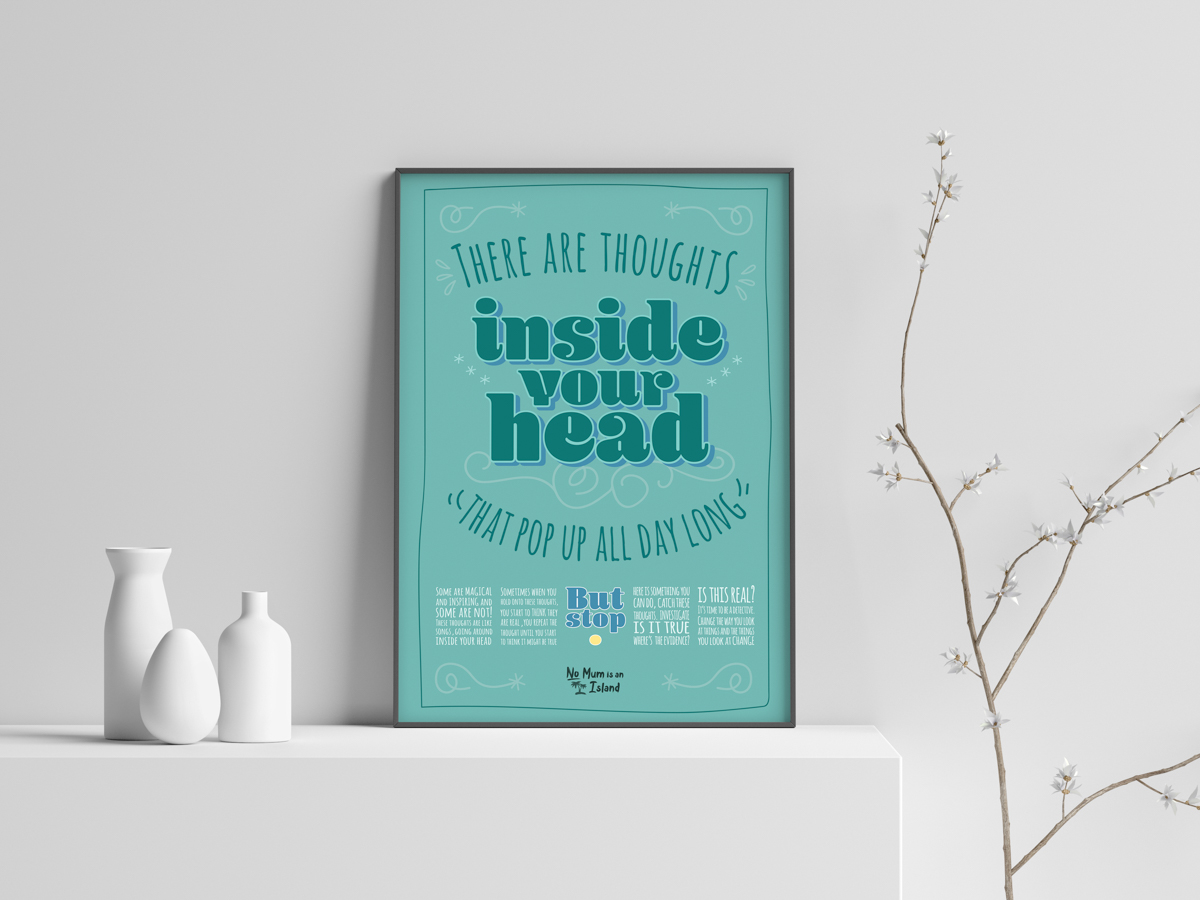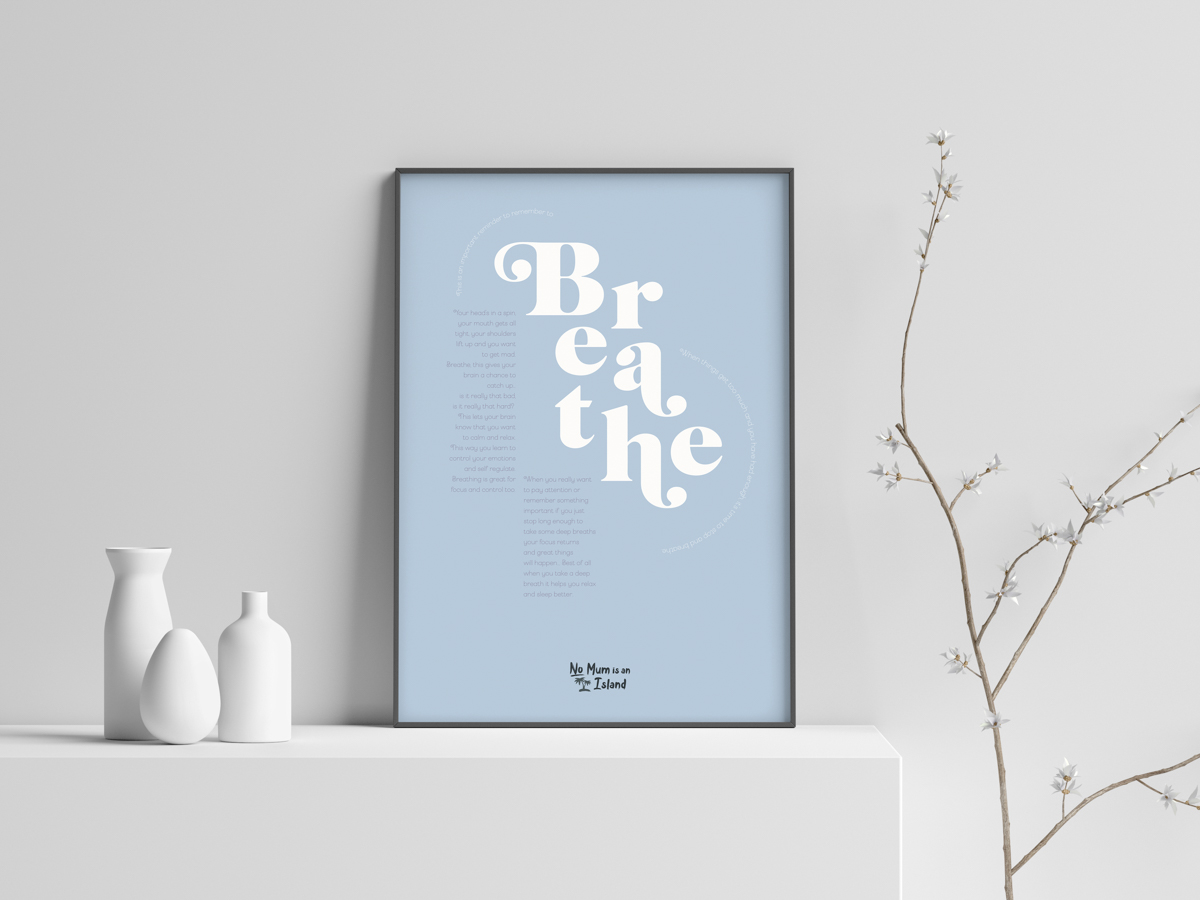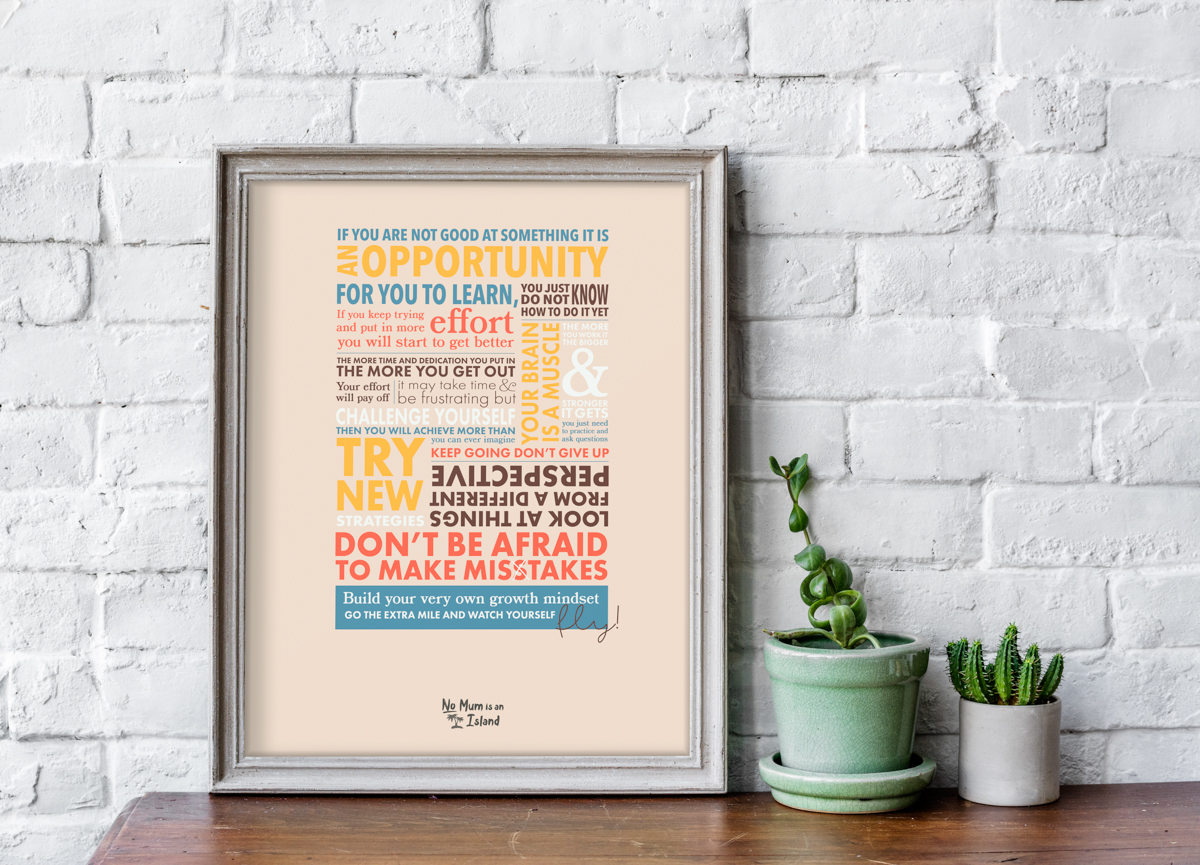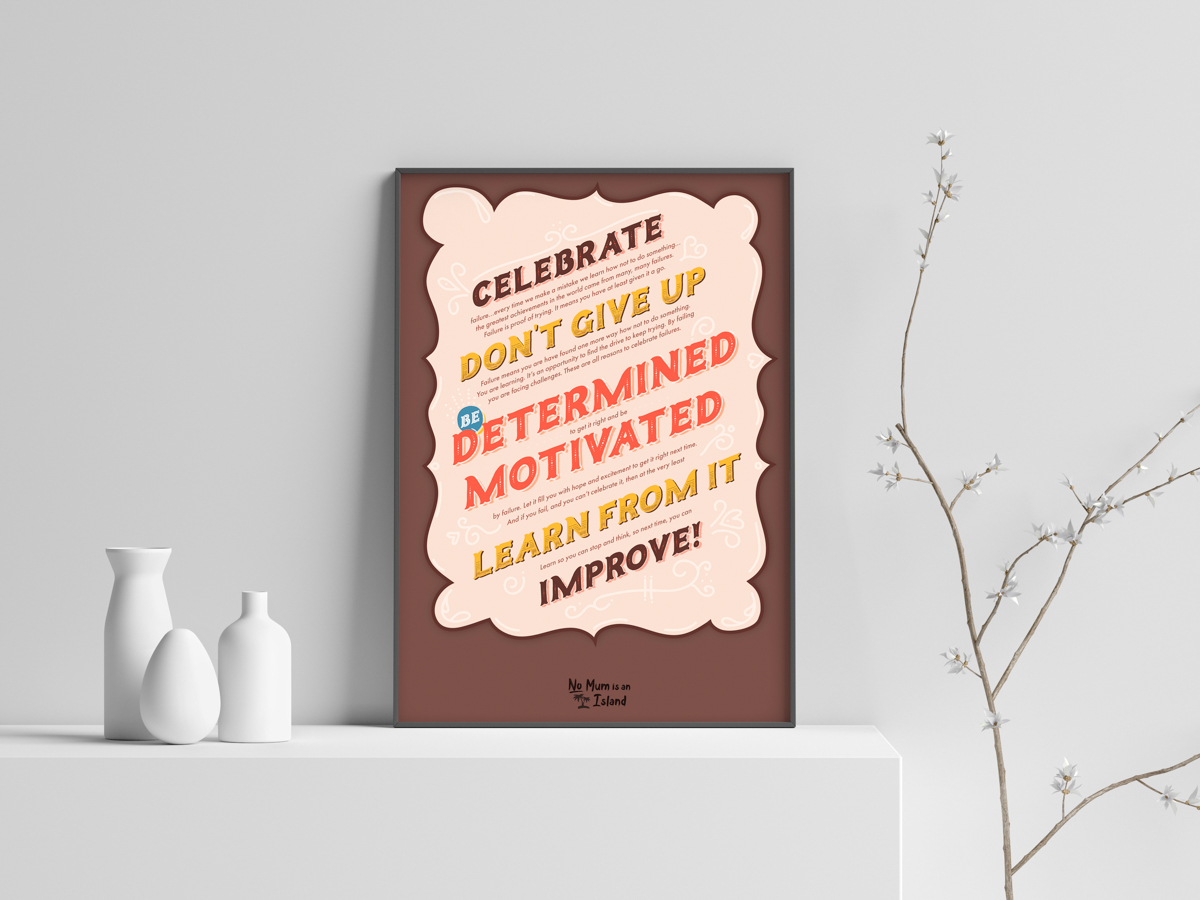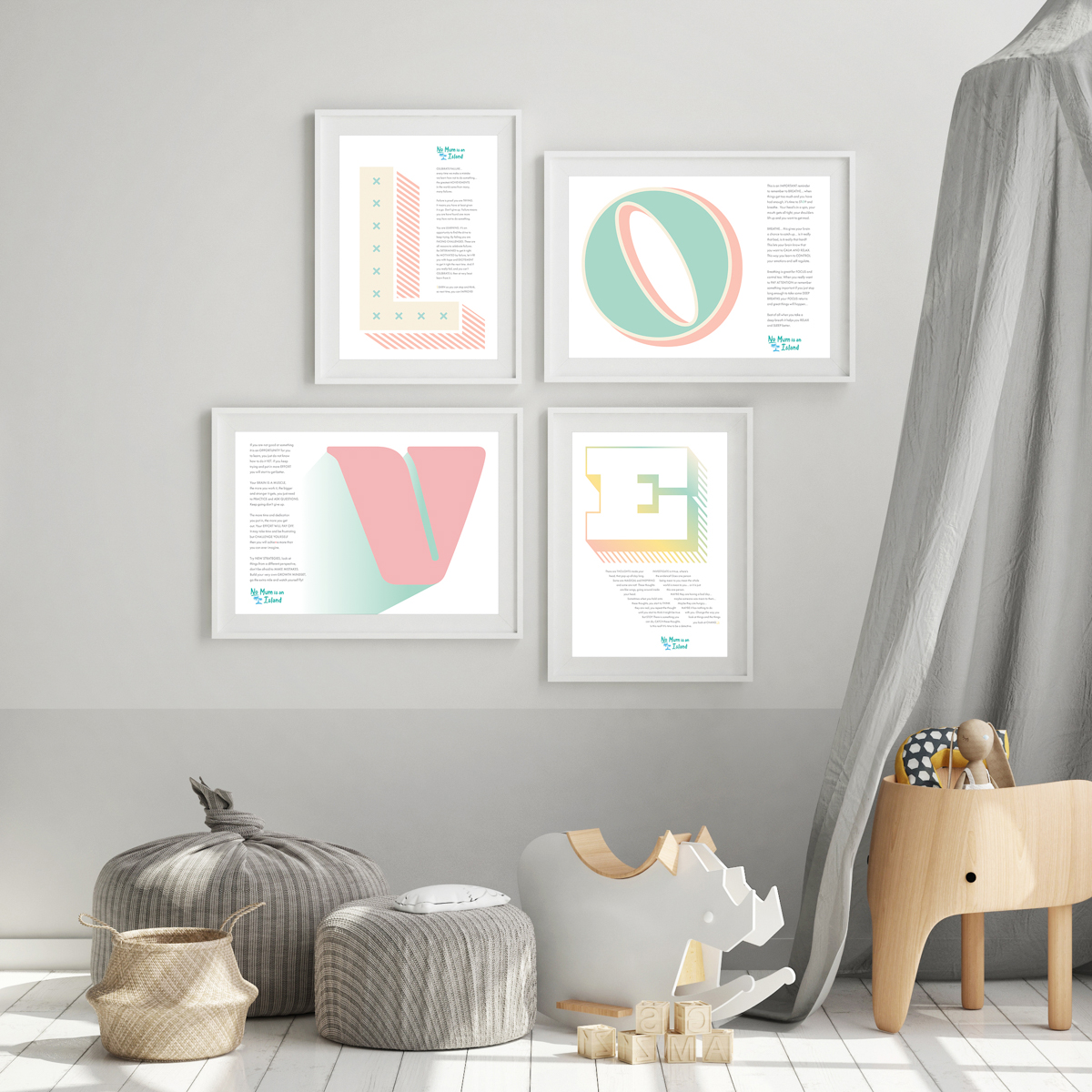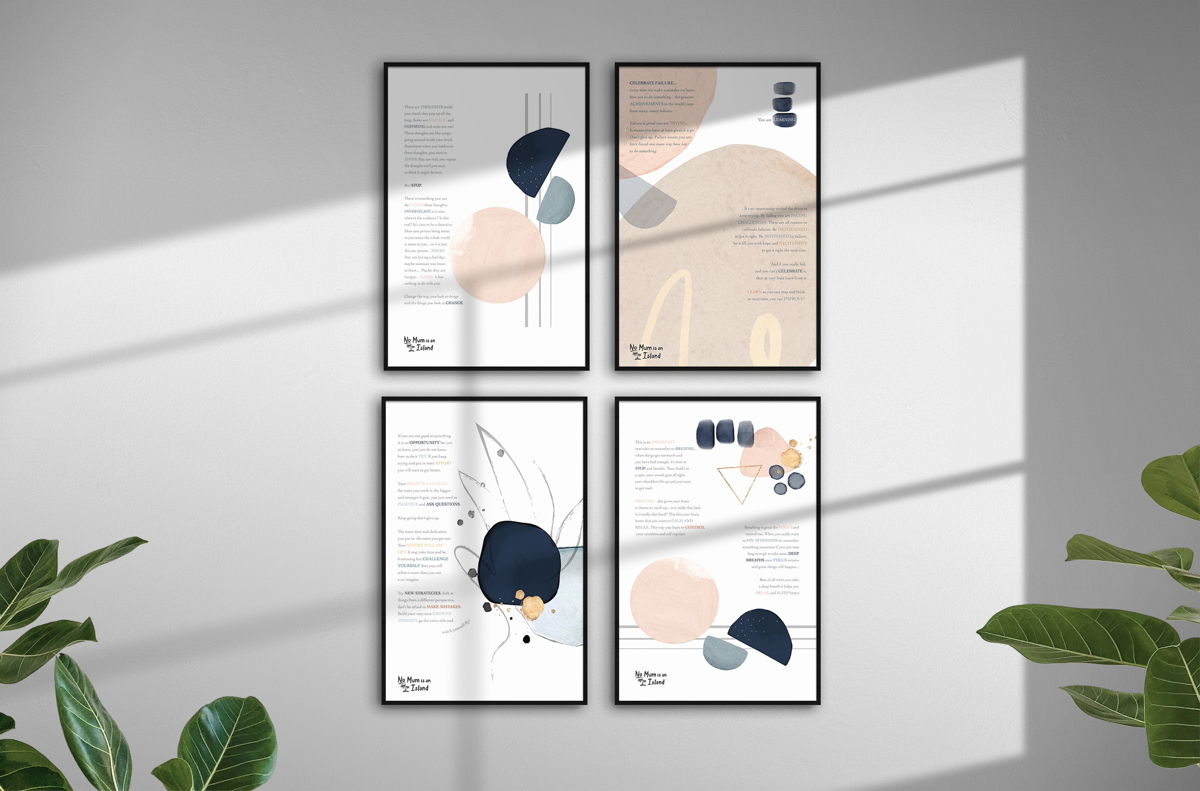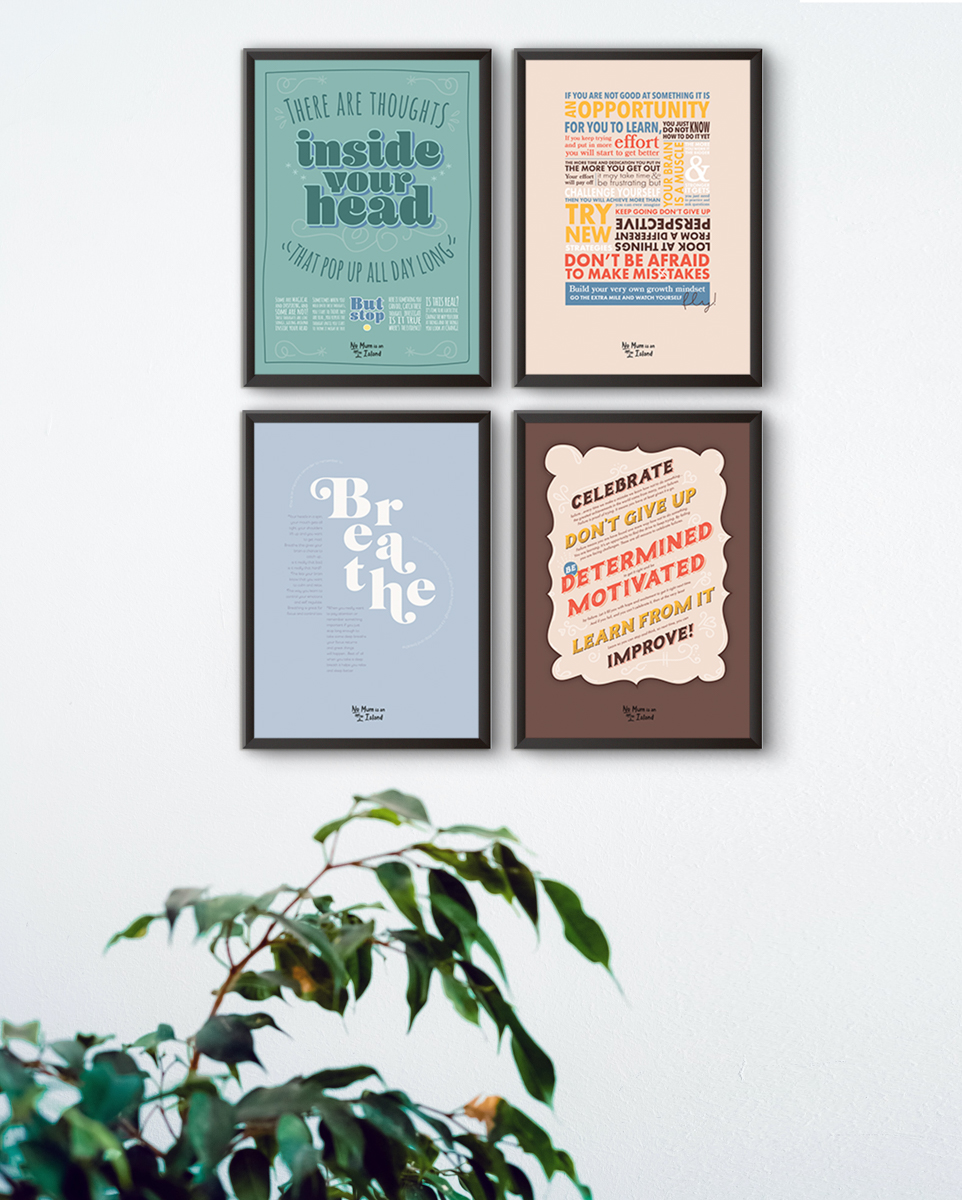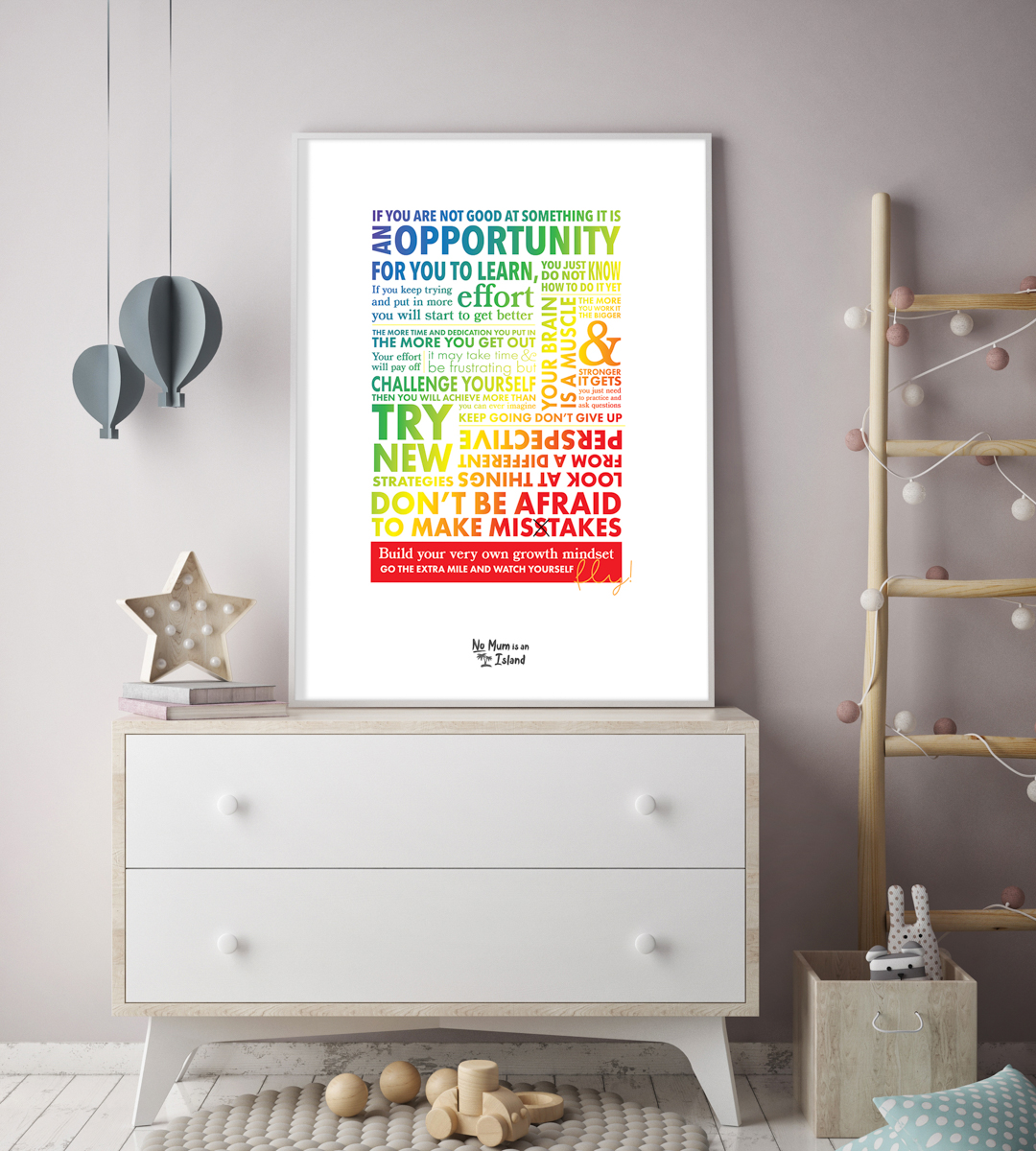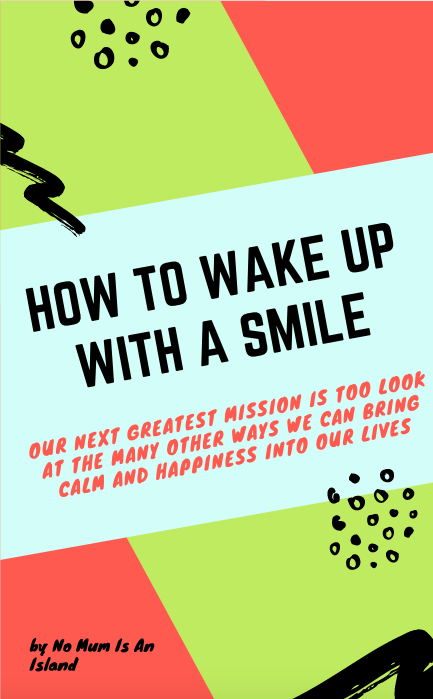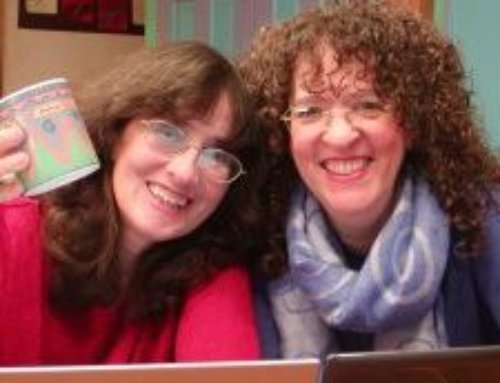I have discovered so many inspiring characters on Instagram and one who I love to follow is Sarah Sproule who talks to parents about sensitive conversations around sex, sexuality, and consent to children. In my family, there are abuse stories and subsequently, it was very important for me that I had strong boundaries and open conversions around all these often uncomfortable subjects.
A vagina is a vagina in my house, it makes it very clear what you are talking about whereas a froo froo or a cookie can be easily mistaken in conversation. I remember a woman almost burst into tears when she heard my then 5-year-old use the word vagina, it triggered that she had called it a “bottom’ and when she was sexually abused as a child she had tried to reach out and tell someone but when she said the man had touched her “bottom’ no one listened. I hope that my daughter and my conversations around this whilst young will lay an honest open foundation for when she is sexually aware. I wanted to help others move into this safe confident space around these often taboo subjects so I reached out to Sarah to find out more.
Hi Sarah. Welcome to No Mum Is An Island. I am a great believer that no mum or dad should have to do everything themselves, we can’t possibly know it all, and we need all the support we can get, there is a wealth of information out there to help us upgrade our parenting to make our lives easier and this website is a hub for just that! We love that you support parents to make sensitive conversations easier.
Sex, sexuality, and consent are huge subjects to have with children, what age do you think is good to start these conversations and why is it important to have them?
If we are just focused on what is best for our kids, then in an ideal world, adults would be able to use accurate names for all body parts, teach what consent is (in general) and talk about how babies are made. We would do that from when our children are born. I’m sure some parents reading this will be shocked!
Here is why that’s important.
Human sexuality is a part of being human. Our sexuality is just like our digestive system, our bones and muscles, our skin: none of those things are inherently positive or negative. They are just part of us.
Same with our sexuality and the parts of our body that we think of as sexual.
These parts of us are neutral.
Things can go wrong with them, and things can be great about them, but they are neutral in themselves.
Because humans have interpreted this part of ourselves as shameful or negative (or positive), our feelings about sex will influence whether we can easily talk to our children about that part of being human.
Starting these convos as early as possible is important for our kids for many reasons:
- Our kids learn information that they need to develop body self acceptance and limit shame
- Open conversations about bodies become habits in our family and our kids will see us as a trusted resource and support
- Our kids internalise the information they receive if it’s repeated over and over and over again (this is how we teach them about road safety and table manners – repeat, repeat, repeat!) so it’s a good idea to talk about bodies early and often in a way they can understand
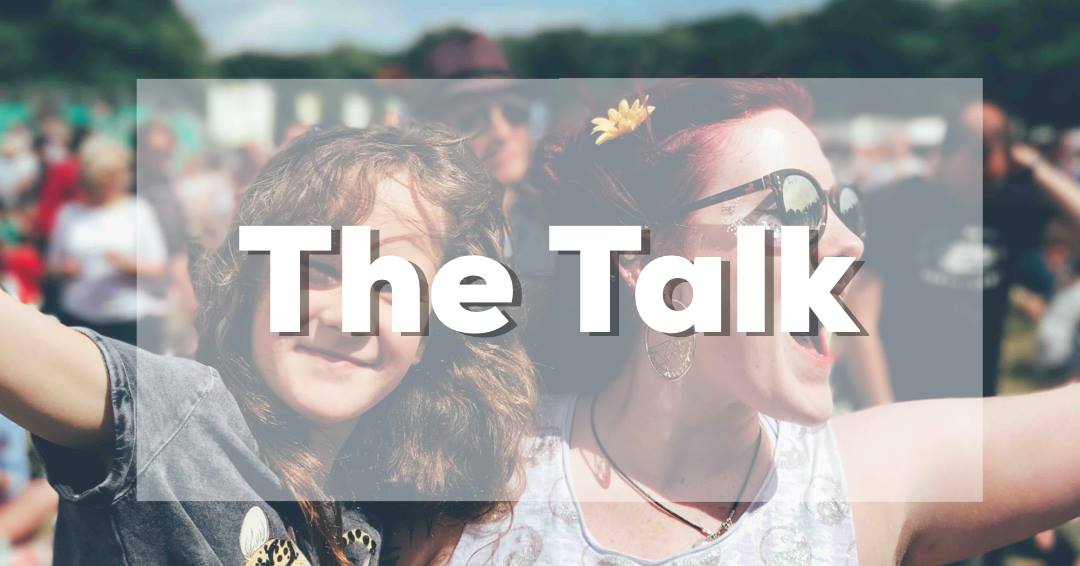
Trying to talk with our kids about sensitive topics (like puberty, relationships and sex) can put us in a vulnerable place, how do we even start?
I love that you asked this. The answer to this question is all about consent and caring for ourselves and I know how much you believe in parents caring for themselves, Jade xx
The first step on the journey of learning to talk to kids about puberty and bodies and babies and all the things, starts with an honest reflection of what we are capable of.
Most of us won’t find talking about this sort of stuff easy AT ALL. That’s understandable and completely normal.
A lot of parents didn’t have conversations with their parents about bodies and sex. I certainly don’t remember any comfortable conversations with my parents about all these topics. In fact I remember screaming “GET OUTTA MY ROOM!” at my mum when she tried to talk about periods when I was 11.
I feel so sorry for her now!
She was only doing her best.
When we honestly look at ourselves, sometimes we discover that these conversations make us feel awkward, embarrassed or panicked. Some of us realise we don’t know what to say that’s right for the age our child is.
So the kindest thing to do for ourselves is not to push ourselves. But our kids still need us to do this part of parenting. Kids need information and they need the connection with us.
So our next step is to get help. We can talk to our friends who do this part of parenting well or we can find help from a professional parent coach or sexuality educator that specialises in families and parenting. Or we can read a book that helps us talk about bodies, puberty and sex.
What is sex is such a huge question – how would you approach this specific question?
Sex is different things for different people. It’s not just a penis in a vagina which is what we all might have been told at some point!
Cory Silverberg’s definition from ‘Sex is a Funny Word’ is awesome: “Sex is something people can do to feel good in their bodies and also feel close to another person. (Grown-ups call this “having sex”).”
I would also add, “Some people think that sex is ONLY when people put a penis into a vagina but that’s just one type of sex people have. There are lots of different things we can do with our body or someone else’s body that feel good and can be called sex.”
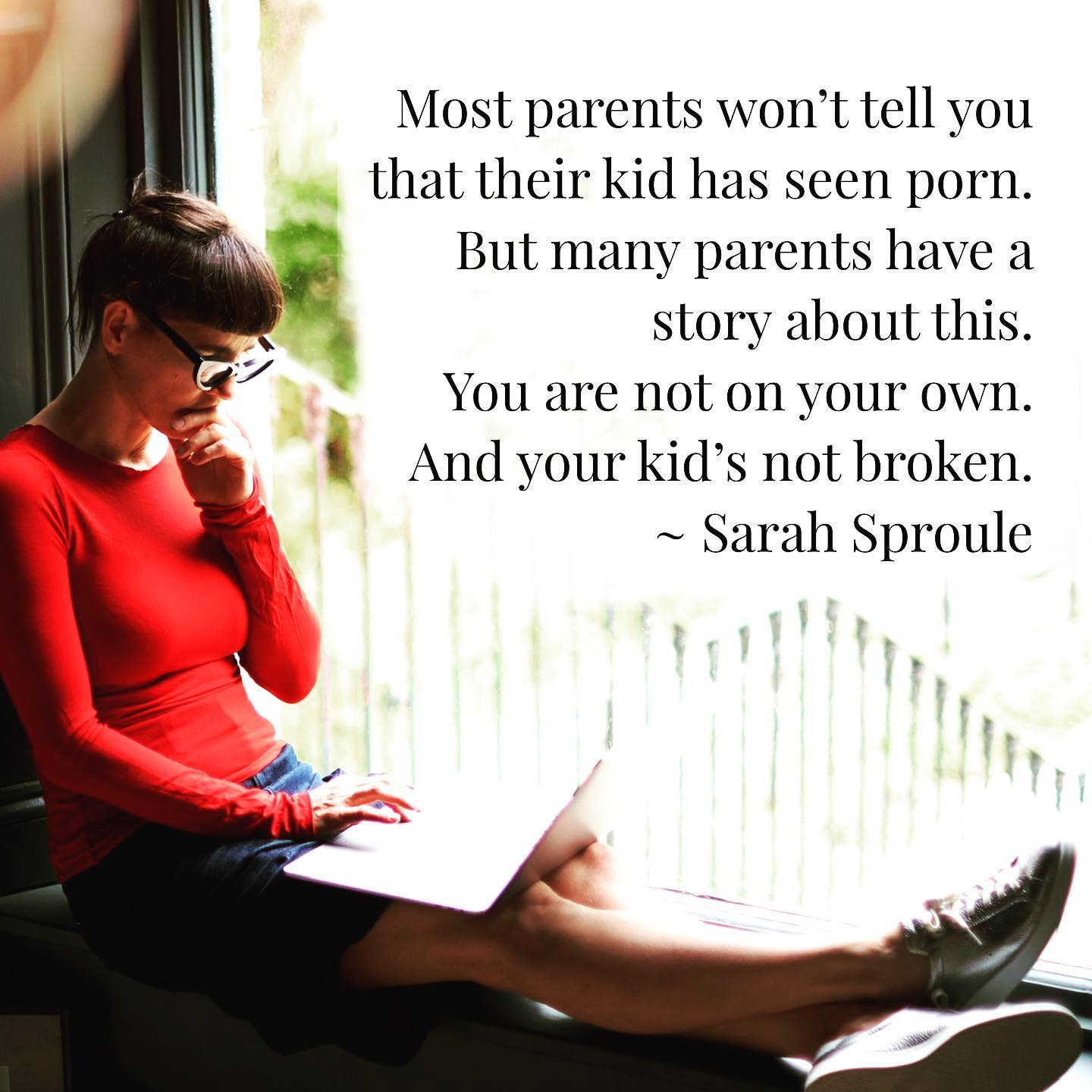
Porn is a big concern for many parents as it gives such an unrealistic view of what loving consensual sex looks like, yet in a recent study 48% of 11-16 year olds surveyed had seen p0rn online. How do you advise parents to handle this?
Talking about porn with young people is very similar to talking about other different types of media that we see in the world.
We could be talking about advertising and how it shows only particular sorts of bodies and we might feel bad if our body looks different to the bodies we see in ads.
We could talk about movies and how movies don’t show the diversity that is possible in families. Maybe movies only show families with a mum and a dad and don’t show many same gender parents or single parent families.
Or perhaps YouTube channels don’t show the variety of interests in sport or gaming or maybe the channels are violent and we believe that calm communication is better that screaming at each other.
Same with porn.
Some porn will show actors with body types that most people don’t have. And that can make our kids feel like their body isn’t good enough. And porn doesn’t always show people talking about how they would like to have sex and negotiating what feels right for the performers so young people or even adults don’t realise that talking is an important part of having sex.
Other types of porn might show only one or two types of sex happening. That means our young people might think those types of sex are the only types of sex that people like. HOW WRONG IS THAT!?!?!?
And finally, if your kid is searching for porn on purpose (rather than finding by mistake) it could be a sign that they don’t have the information or advice they need to understand their developing sexuality.
To have heaps of accurate information always at hand, I recommend getting a copy of a very comprehensive sexuality education book. One such resource is Heather Corinna’s book S.E.X. (2nd edition): The All-You-Need-To-Know Sexuality Guide to Get You Through Your Teens and Twenties. It’s American (and some of us reading this don’t live in the US) however it’s a super inclusive reference book for anything your young person might need to know. You will probably even find answers to questions you didn’t even know you had, even though you are an adult!

Can you tell us more about your course ‘Sensitive Conversations Made Easier’
Sure! Sensitive Conversations Made Easier is a course for parents who might be doing well in other parts of their parenting but have awkwardness and concerns about talking with their child about puberty, bodies, and sex.
Set over 9 weeks, this course is for parents who want to give their children the skill set for healthy relationships in the future. It’s also for parents who want to be open with their kids about what sex is and teach young people how to respect themselves.
In Sensitive Conversations Made Easier (SCME), we learn how to make conversations more natural and normal, what to topics to discuss at any age, how to start conversations when your child doesn’t ask questions and what to do if other parents think you are doing this part of parenting wrong. We pay a lot of attention to consent and how to teach your kid to manage their own boundaries and respect other people.
I love running this course to support caring adults who want to do the best they can for their kids. Because I know these specific parenting skills are important I also provide a free workshop series that introduces how to become a comfortable parent. To learn more, visit www.sarahsproule.com/comfortable
You follow Sarah on Facebook and Instagram and discover more at www.sarahspoule.com

